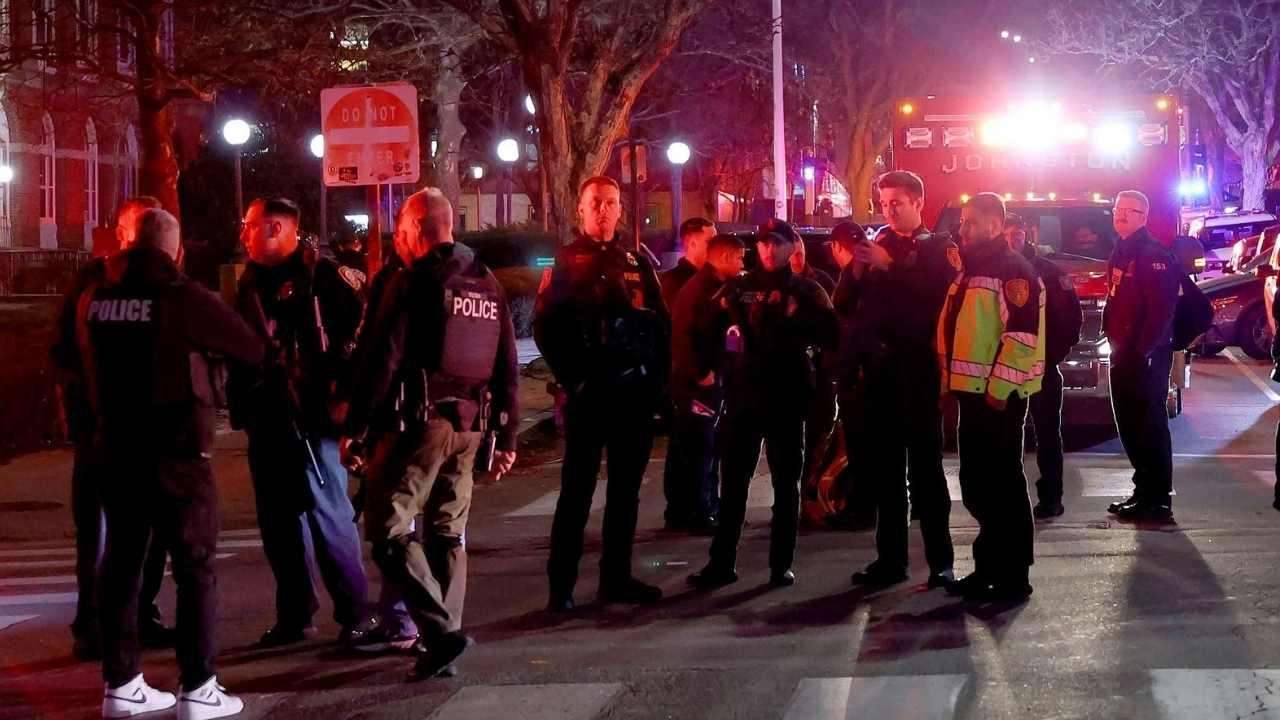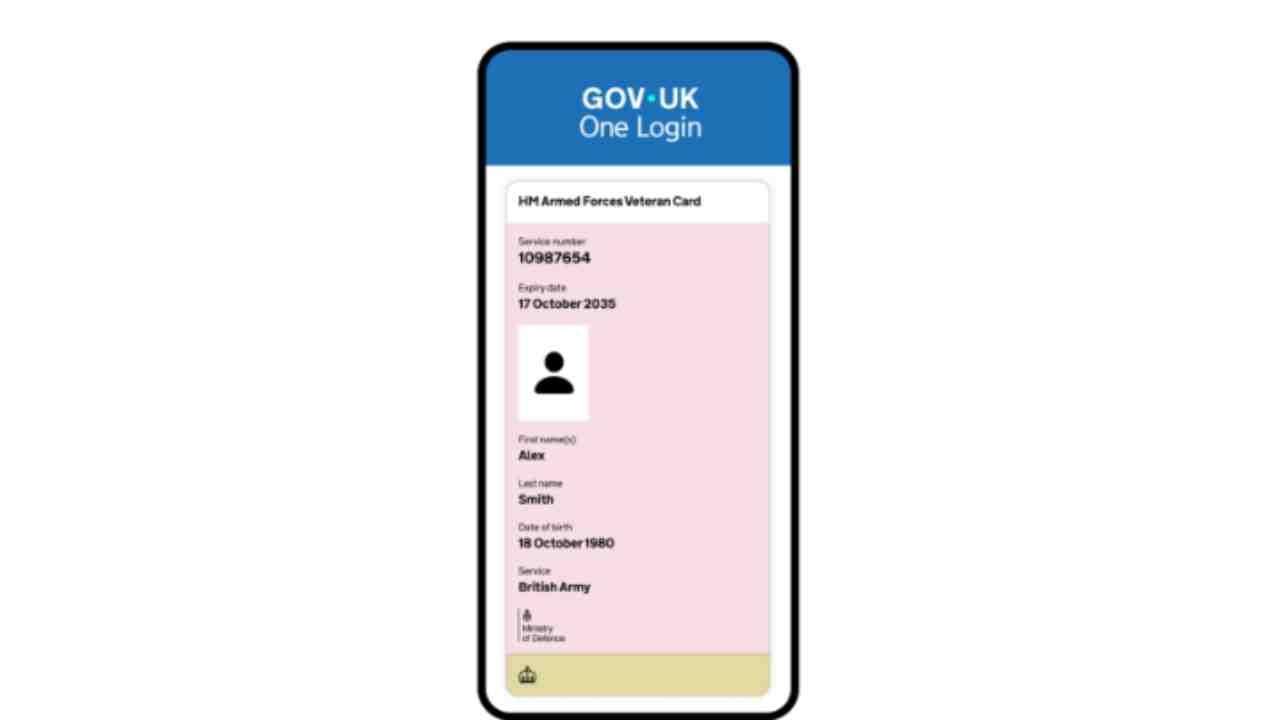The introduction of stringent new "Asbo-style" rules for dogs in London's Tower Hamlets, which threaten owners with fines up to £1,000, is a vital and overdue step to curb the escalating public health crisis caused by out-of-control dogs.
While a vocal minority of dog walkers may express "fury" over the Public Spaces Protection Order (PSPO), the evidence is clear: tougher enforcement is desperately needed to protect the public. National figures paint a grim picture, with hospital admissions for dog-related injuries showing a significant and concerning upward trend across the UK.
The True Cost of Uncontrolled Dogs
The opposition to the new PSPO in Tower Hamlets, which mandates dogs be on a lead on public roads, pavements, and estate communal areas, and limits walkers to a maximum of four dogs, willfully ignores the growing risk to residents.
Updated National Information Reinforces the Need:
Soaring Hospitalizations: NHS data shows a dramatic rise in people treated for dog bite injuries. In 2007-08, there were around 4,699 courses of treatment for dog bites or attacks in England and Wales; by 2022-23, this number had almost doubled to 9,336.
Fatalities on the Rise: Tragically, deaths caused by dog attacks have also increased considerably, rising from two in 2019 to 16 in 2023 across England and Wales.
Local Incident Precedent: Tower Hamlets Council's decision to implement the PSPO, which came into effect on October 1, was directly prompted by a spate of dog attack incidents in summer 2023, with internal police data revealing 92 dog attack crime reports in the borough between April and October 2024 alone. This places the borough among those with the highest number of dog attack reports in London.
The new rules, which also cover high-traffic areas like Victoria Park, are a direct response to a proven and documented public safety threat. For too long, the rights of the responsible majority of dog owners have been used as a shield for the reckless few whose negligence results in injury and trauma.
A Necessary Stand for Vulnerable Residents
Opponents like Will Kennedy, 28, who was photographed with five dogs—one more than the new limit—dismiss the regulations as "ridiculous" and "pathetic." Yet, this perspective fails to account for vulnerable members of the community. As resident Rose McDermott, 69, noted, dogs running loose pose a direct danger to children, the elderly, and those with visual impairments.
The mandate for dogs to be on a lead in streets and communal areas is simply a measure of basic consideration and control in a densely populated urban environment. It is a necessary safeguard against unpredictable behaviour that can lead to serious injury or death.
The penalty of up to £1,000 for failing to comply with the Public Spaces Protection Order is not an overreach; it is a serious financial deterrent reflecting the serious nature of the potential harm caused by an out-of-control dog.
Tower Hamlets Council correctly consulted with key animal welfare organisations, including the RSPCA and Battersea Dogs & Cats Home, to ensure the PSPO is balanced. The resulting order—which also introduces a professional dog walker license (waived until April 1, 2026) for those managing up to six dogs—makes reasonable allowance for professionals while prioritising public wellbeing.
This is not a ban on dog ownership; it is a necessary clampdown on irresponsible ownership. The soaring statistics on dog-related injuries and the documented local attacks demand robust measures. Tower Hamlets has taken a laudable and vital step to ensure that its public spaces can be enjoyed by all residents, free from the fear of injury or attack.







_4.jpg)
.svg)



